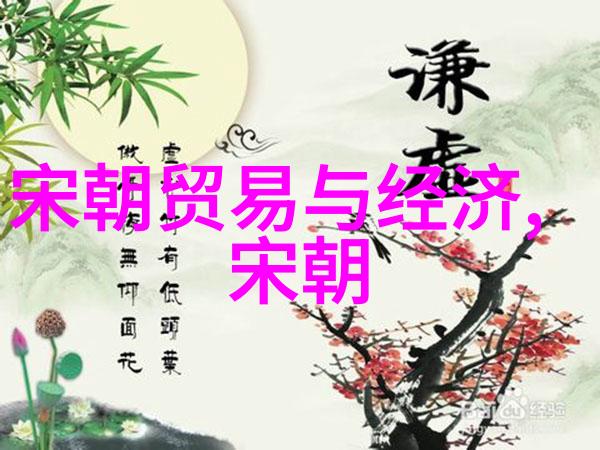The Mythical Realm of Ancient China Unveiling the
In the vast and ancient land of China, a world of mythical creatures and legendary beings has long fascinated people's imagination. The stories passed down through generations are not just mere fantasies but hold deep-rooted cultural significance. As we delve into the realm of Chinese folklore, let us explore six intriguing aspects that have captivated hearts for centuries.

The Celestial Bureaucracy
China's mythology is replete with gods and goddesses who govern various realms in heaven and on earth. The most influential among them is the Jade Emperor, who rules over all creation with his wise and benevolent heart. His court consists of numerous deities responsible for different aspects such as war, agriculture, or education. These divine officials work together to maintain harmony within their domains.

Legendary Creatures
Chinese folklore boasts an array of fantastical creatures like dragons, phoenixes, unicorns (known as qilin), and more elusive beings like yinglong (a dragon-like creature) or xiezhi (a unicorn-like beast). Each has its unique characteristics that symbolize virtues such as wisdom, courage or purity.

These mythological animals often serve as messengers between humans and gods or embody natural forces like wind or water.
Immortal Beings

Among the many legends surrounding immortals in ancient China are those about hermits living in remote mountains seeking eternal life through alchemy or meditation practices called "neidan" – internal alchemy.
One famous immortal being is Chang'e who ascended to heaven after consuming elixir made by her husband Houyi during a lunar eclipse event he shot down nine suns from nine celestial bodies threatening Earth's balance.

Superhuman Heroes
Many tales revolve around extraordinary individuals capable of performing supernatural feats due to their exceptional skills acquired through training under revered masters.
Examples include Sun Wukong - known for his incredible strength gained from eating magical peaches - who becomes Monkey King; another hero named Zhu Bajie also known as Sha Wujing/Piggy monk gains superhuman strength after receiving divine power from Laozi himself; while Tang Sanzang acquires magical abilities upon meeting Xuan Zang Buddha on Mount Putuo Island.
Demonic Spirits & Ghostly Encounters
Darker elements permeate some parts of these stories where malevolent spirits roam free terrorizing mortals alongside vengeful ghosts seeking justice against wrongdoers before they can find peace in the afterlife.
An example includes Meng Po Mountain where souls go when they pass away awaiting reincarnation; it is guarded by Meng Po herself who serves bitter tea erasing memories allowing souls to forget past lives before moving forward into new ones.
6.Folkloric Rituals & Customs
Ancient Chinese rituals reflect their reverence towards gods while maintaining social order among humans themselves were deeply rooted within these myths' narratives.
For instance during festivals honoring ancestors families would offer sacrifices hoping for protection blessings health prosperity etc., reflecting respect toward one's heritage while sharing communal bonds amongst family members friends neighbors thereby reinforcing societal cohesion throughout history until today
By exploring these diverse facets within Chinese mythology one can gain insight into both historical context along with profound cultural significance embedded throughout each story thus enriching understanding beyond surface-level interpretations offering deeper connections between man nature divinity ultimately revealing timeless lessons applicable even today
